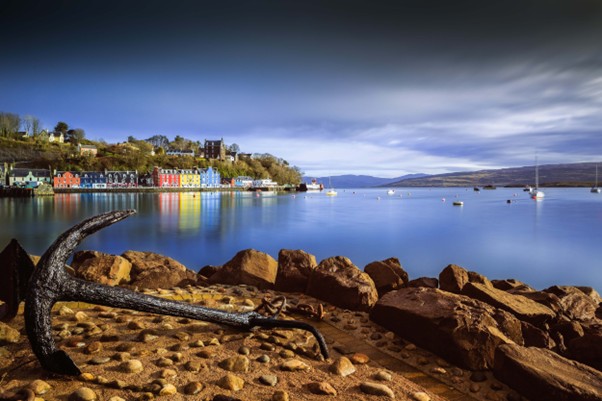The Scottish Government’s call for evidence on Inshore Fisheries Management Improvement (IFMI), scheduled for discussion on 5 February, was criticised by a coalition of eNGO’s as reversing progress toward achieving sustainable inshore fisheries management.
The IFMI programme was developed in 2024 in response to concerns over crab and lobster stock availability.
In an open letter to the Scottish Government, Calum Duncan, Head of Policy and Advocacy at the Marine Conservation Society, pointed out that the former Bute House Agreement included a commitment to cap inshore fishing activity to current levels, which would have “had the potential to protect inshore marine habitats by reducing activities that disrupt the seabed”. However this commitment has since been abandoned.
Scottish Environmental LINK have reiterated the imperative for ecosystem-based fisheries management that respects both the needs of fishing communities and environmental sustainability. Currently Scotland’s inshore fisheries are managed through the UK Fishing License framework and technical measures, such as minimum landing sizes, gear restrictions and quotas. Unfortunately, the current system has limited capacity for stakeholder involvement and regional management, leading to calls for a more localised and adaptive approach. LINK is championing a new regional governance framework they believe would enhance stakeholder representation and foster better co-management of marine resources across environmental, recreational and commercial interests. The group pointed to England’s Inshore Fisheries and Conservation Authorities (IFCAs) as a template for more inclusive and transparent governance.
LINK also criticised delays in implementing spatial management measures such as Marine Protected Areas, and have urged the Scottish Government to progress these measures to protect vulnerable marine habitats and spawning grounds for commercial species. LINK emphasised the urgency of transitioning to a low-impact and climate-smart fishing fleet, and are keen to explore what a just transition would look like with policy makers.
The open letter was co-signed by several eNGOs, including: The Marine Conservation Society, RSPB Scotland and the Scottish Wildlife Trust.
